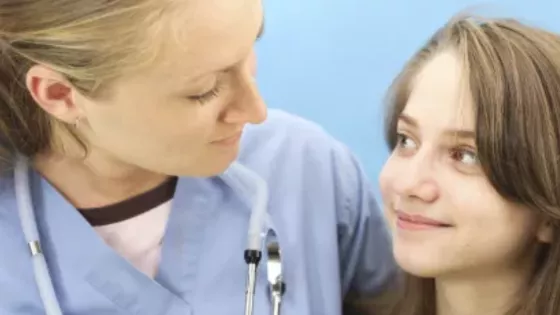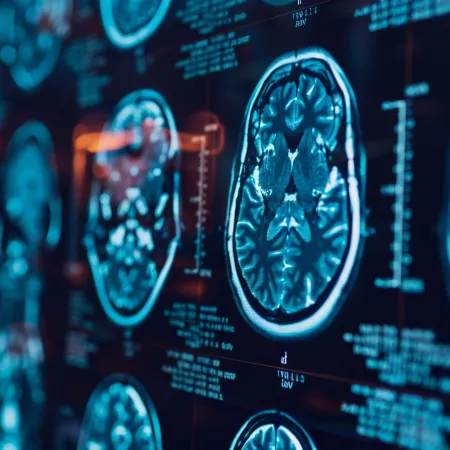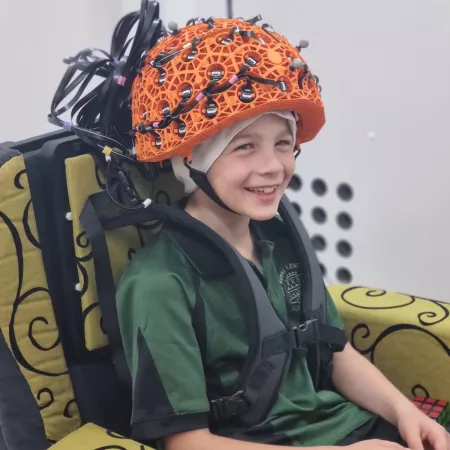The new Epilepsy12 report shows improvements in mental health and school support for children with epilepsy.
The latest figures from the Royal College of Paediatrics and Child Health (RCPCH) show some significant improvements in epilepsy care for children, including mental health and school support. However, fewer children are being seen promptly by a doctor with epilepsy expertise.
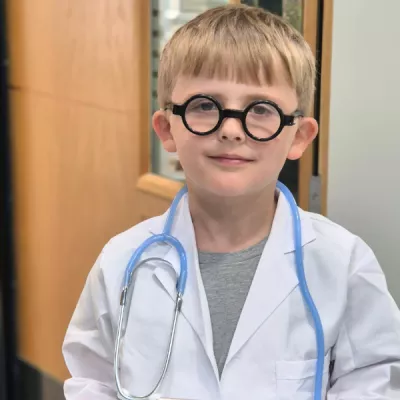
RCPCH published its annual Epilepsy12 audit report on 10 July 2025. It highlights services and staffing in children’s epilepsy clinics across England and Wales, as well as information on the experiences of newly diagnosed children and young people with epilepsy. Young Epilepsy works closely with RCPCH on the Epilepsy12 audit and participates in the project board.
Here are some of the key findings from the 2025 Epilepsy12 report:
Epilepsy professionals
Access to epilepsy specialist nurses continues to increase, with 86% of children having contact with an epilepsy specialist nurse in their first year of care (compared to 81% in last year’s report).
There has been a significant decline in the number of children being seen by a paediatrician with epilepsy expertise within two weeks of the referral being made (from 51% to 32%).

Complex epilepsy
Only 49% of children who should have been referred to paediatric neurology were able to access that specialist support within their first year of care.
There has been an increase in the number of children being considered for epilepsy surgery, with 42% of children being referred to consider this treatment option in their first year of care (from 37%).
Mental health
More children with epilepsy are being asked about their mental health in their first year of care (increase from 22% to 38%), but fewer children’s epilepsy clinics are providing formal mental health checks (decline from 30% to 25%).
More children with epilepsy who had an identified mental health problem received mental health support in their first year of care (increase from 62% to 77%).
More healthcare providers are including mental health support within epilepsy clinics (increase from 18% to 23%).

Care planning
More children had a written care plan in their first year of care that had been agreed between the child or young person, their parents/carers and healthcare team (increase from 81% to 86%).
However, only 2 out of 3 children had a care plan that covered key topics that are important for living with epilepsy (67%).
Communication about Sudden Unexpected Death in Epilepsy (SUDEP) was lowest amongst these key topics.
There has been a significant increase in the number of children that had evidence of a school individual healthcare plan (IHP) in their first year of care (increase from 39% to 67%).
Transition to adult care
Two out of three healthcare providers have both adult and paediatric epilepsy professionals involved in young people’s transition to adult healthcare (67%).
61% provided specific outpatient clinics for young people with epilepsy (an increase from 56%).
Mark Devlin, Chief Executive of Young Epilepsy, said:
Though we are pleased to see areas of significant improvement across many aspects of paediatric epilepsy care, there are too many gaps and children and young people across the nation are not receiving the consistent comprehensive care that they should be.
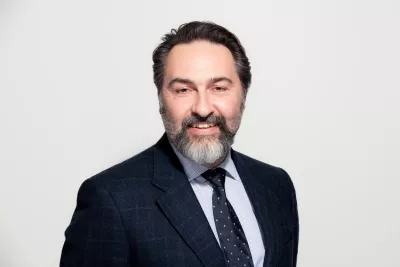
Access to a paediatrician with epilepsy expertise within two weeks has dramatically declined and less than half of children with complex epilepsy were referred to paediatric neurology as they should have been within their first year of care.
Mental health is an area where we have long campaigned for change for children and young people with epilepsy, so it is encouraging to see more of them being asked about their emotional well-being, but this is unfortunately accompanied by a drop in formal mental health checks at paediatric epilepsy clinics.
A significant increase in the number of children with a school individual healthcare plan is an important step forward, as our #UnderstandMyEpilepsy campaign has been calling for every child with epilepsy to have an IHP for school.
Overall, the findings point to a system that is edging towards a holistic and comprehensive understanding of the impact of epilepsy on the whole of children and young people’s lives, but we know there remains plenty more to be done to ensure that every child’s needs are met.

